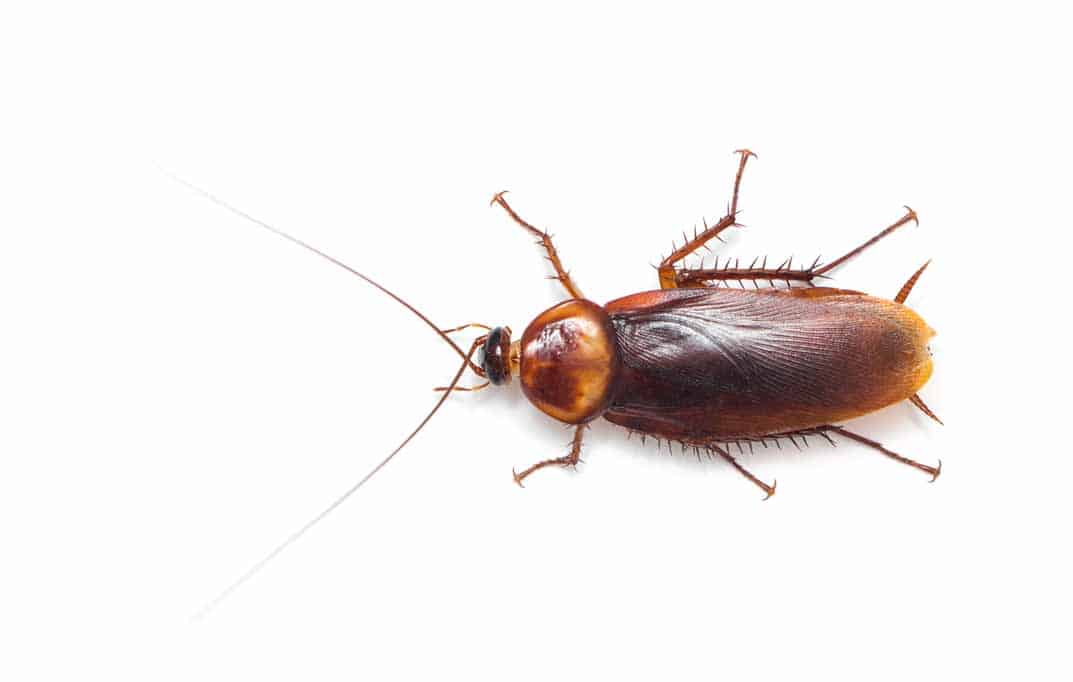If there’s one place cockroaches love, it’s a busy kitchen with an abundance of food, water, and warmth. Restaurants and commercial kitchens in Raleigh are prime targets for these persistent pests, especially given our city’s humid climate. As a local pest control provider at Wake Pest, we’ve seen how quickly roaches can multiply in a food-service environment—and how devastating it can be for a business’s reputation.
Why Cockroaches Thrive in Commercial Kitchens
Commercial kitchens offer everything a cockroach needs to survive: plentiful food scraps, spilled liquids, warmth from cooking equipment, and myriad hiding spots in cluttered storage areas. Busy staff might not always have time for thorough cleaning, creating opportunities for roaches to feast unnoticed. Additionally, deliveries can inadvertently bring in new roach populations hidden in cardboard boxes or pallets. Once inside, these pests can scatter and find cozy harborage in cracks, behind appliances, or in dark corners.
It doesn’t help that in Raleigh, our hot, humid summers speed up the roach reproductive cycle. Just one female cockroach can produce hundreds of offspring if given the right conditions. In a restaurant setting, that scenario can unfold shockingly fast.
Health Code Implications and Business Reputation
Besides the obvious ick factor, cockroaches in a kitchen pose real health risks. They can carry bacteria like Salmonella and E. coli, contaminating surfaces, utensils, and food supplies. North Carolina’s health regulations are stringent, and an infestation can result in fines, closures, or a damaged grade from inspectors.
We’ve seen restaurants suffer negative online reviews and social media backlash after a single roach sighting. Even if the infestation is minor, the word can spread fast, affecting your bottom line and your brand’s reputation. Preventing roaches isn’t just about avoiding health code violations; it’s also about maintaining trust with customers.
Top Prevention Strategies
Managing a commercial kitchen’s pest control requires a balance of rigorous hygiene, routine maintenance, and professional oversight. Here’s what we at Wake Pest recommend:
1. Enforce Strict Sanitation Protocols
- Daily Deep Cleans: Wipe down counters, sweep and mop floors, and clean behind and under equipment every day. Roaches often hide where crumbs accumulate.
- Regular Garbage Removal: Dispose of trash frequently and keep bins sealed, especially overnight.
- Food Storage: Keep all ingredients in airtight containers and off the floor to reduce spills and easy access for roaches.
2. Monitor Incoming Deliveries
- Inspect Boxes and Pallets: Check for any signs of roaches (egg cases, droppings) before bringing them inside.
- Use a Receiving Area: Have a designated spot for deliveries away from the main kitchen. If you find signs of pests, you can address them without contaminating the rest of the kitchen.
3. Eliminate Hiding Spots
- Seal Cracks and Gaps: Roaches can squeeze through incredibly small openings. Caulk gaps around pipes, vents, and baseboards.
- Organize Storage Areas: Keep shelves tidy and spaced slightly away from walls to make cleaning and inspections easier.
4. Control Moisture
- Fix Leaks Immediately: From dripping sinks to leaky dishwashers, standing water is a magnet for roaches.
- Use Dehumidifiers if Necessary: In enclosed areas, reducing humidity can cut down on roach activity.
The Role of Professional Pest Control
While staff vigilance is crucial, professional pest control adds another layer of protection. In fact, some local health codes encourage or require restaurants to maintain a relationship with a licensed pest control provider. Here’s what professional services typically include:
- Routine Inspections: Identifying signs of roaches before they become an infestation.
- Targeted Treatments: Using baits, insect growth regulators, or spot treatments where roaches are most active.
- Exclusion and Maintenance Recommendations: Advising on structural issues or sanitation lapses that could attract pests.
- Documentation: Providing records of inspections and treatments, which can be critical for health inspections.
We tailor each service to the restaurant’s needs—size, layout, type of cuisine, and any specific issues we find during our initial walkthrough. Most restaurants in Raleigh schedule monthly or quarterly visits to stay ahead of potential infestations.
What to Do If You Spot Roaches
Despite best efforts, roaches might still occasionally appear. If an employee spots one, it’s important to act quickly and systematically:
- Remove and Sanitize: Clean the affected area thoroughly and discard any contaminated food.
- Set Traps: Place sticky traps to monitor for additional roaches. This helps determine if it’s a lone straggler or evidence of a bigger problem.
- Call Your Pest Control Provider: Even a minor sighting can warrant a prompt inspection. Early intervention is key.
- Document the Incident: Keep records of where and when the roach was found, so you can look for patterns or recurring problem spots.
We understand that a single sighting can cause panic, but it’s essential to remain calm and methodical. Quick, decisive action can prevent a minor issue from escalating into a crisis.
Our Final Thoughts
Preventing cockroaches in a restaurant setting is no small task, but it’s absolutely doable with a combination of thorough sanitation, vigilant staff, and professional guidance. Roaches not only threaten public health but can also damage your reputation. By investing time and resources into prevention, you safeguard your customers, employees, and bottom line.
At Wake Pest, we specialize in helping Raleigh’s commercial kitchens maintain the highest standards of cleanliness and pest control. Whether you’re experiencing a current infestation or just want a proactive plan, our team is here to provide tailored solutions. With the right strategies, you can keep cockroaches off the menu—and your restaurant’s good name intact.

